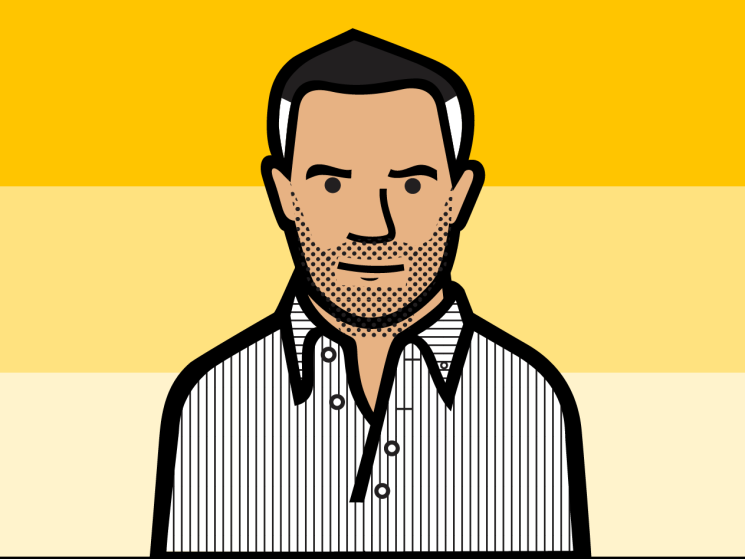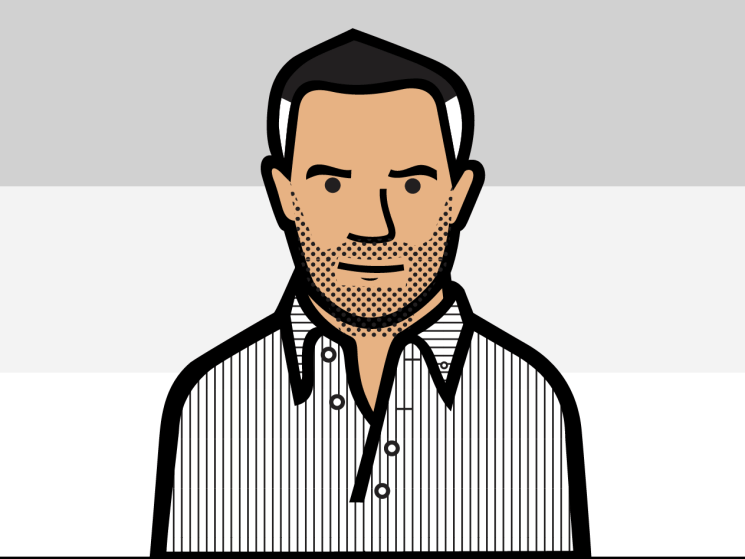The Faster Lane
from Tyler Brûlé
A custom Tokyo tour for Mom
It’s Saturday midday in Zürich and it’s snowy, blustery and comfortably cosy. My mother and I just boarded the Swiss LX 160 to Tokyo Narita, mom is across the aisle and I’m looking forward…

Latest
Chic stops, a dash of high jinks and why I’m in it for the long haul
Let’s start this Sunday with a thank you, merci and arigatō gozaimasu to all those readers who took up the call to subscribe to Monocle over the past few days, the many more who…

Turns out saving print might be easier than finding your nearest newsstand
Greetings from a sunny, crisp and buzzy Zürich, where the first Monocle Christmas Market of the season is underway on the street below me (Paris, Toronto and Tokyo are next weekend, with London and…

Canadian department stores used to sparkle – now they fade away
I touched down in Toronto this week to meet some clients, scope out some potential business, do a little retail tour, say hello to my new colleague, Sally, at our College Street outpost and…

A small mystery in Singapore sent my print-mad heart on an Asian odyssey
Singapore Residents and occasional visitors to the microstate might recall our little bureau/boutique/café operation in a modernist townhouse in Chip Bee Gardens. As far-flung outposts go, it still ranks as the best set-up we’ve ever…

How a chairman, a movie star and a secret made my week
Do you use your Sunday to look back over the past five or six days and take stock? Or are you one of those look-ahead types who ploughs on and does little in the…

Turns out the school-bus spirit never left – it just flies Swiss
Were school buses ever part of your academic routine? Were you packed off to the end of the driveway with your lunch, books, overstuffed pencil case and sports gear in your backpack to be…

The inbox has spoken – travel marketing needs a reality check
When I started tapping out last week’s column, somewhere high above Baffin Island, little did I know that I was creating an inbox monster that only stopped raging on Friday morning. In case you…

No one buys a holiday for ‘mindfulness’. Travel marketing needs a reality check
Earlier this week I attended a conference in Tokyo and was reminded by several of the speakers on stage about the “emotional connection” of travel and how seeing the world “weaves a new sense…

The joys of being Banned: A Tokyo trim can beat any wellness regime
Forget cryo-chambers. Tyler Brûlé finds youthful energy at the barbershop and the bar.

From Beirut’s backstreets to a London menswear staple – Trunk turns 15
Let’s go all the way back to summer 2010 and a warehouse on the edge of Beirut’s Bourj Hammoud district. It’s all a bit dusty and scrappy, the buildings are a jumble of architectural…





